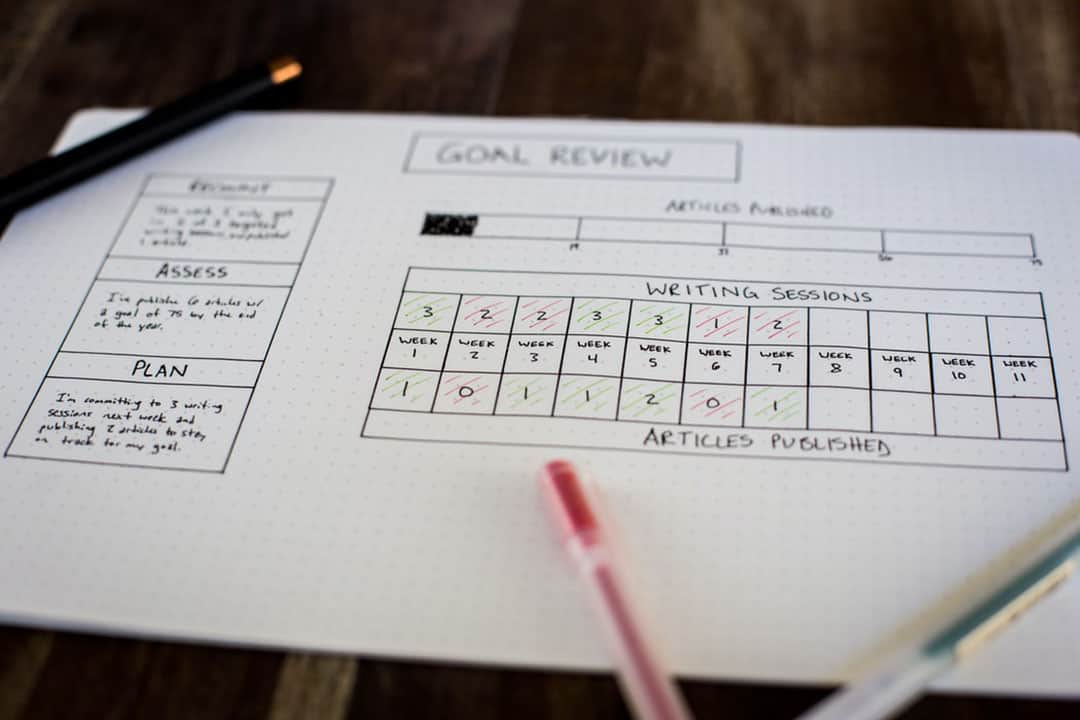Balancing productivity and wellbeing
Ever feel like you’re on auto-pilot?
We live in a world where productivity is the measure of our self-worth. For young people, a simple number or letter grade becomes their whole identity and where, as adults, some jobs are more highly respected than others. Yet in all sectors we are under pressure to be increasingly more productive.
Teachers may become frustrated because they feel they are more pressured to ensure their students achieve certain grades, rather than ensuring that each student improves as much as they are able to in that year and grows as an individual, in a holistic way. Students may feel the emphasis is on getting a certain grade rather than actually being equipped with skills that will benefit them in the future. People working in customer service or marketing may feel that the emphasis is on securing sales rather than actually helping the customer with their best interest in mind. Sometimes it does get overwhelming and our roles as students and employees can become a major source of stress – maybe because we are under increasing pressure to perform perfectly in every single exam, or under pressure to work extremely long hours to meet a deadline at work or university.

It can often feel that as a student or employee the ideal is to be a robot, meaning we work and be productive without feeling or thoughtfulness because these are deemed to hold us back. But in a world that wants us to be a machine we should try to be human.
Think of some examples in your life where someone who is working has treated you like a human being, not a sale to close, or a customer to convince, or a means to any end. Those interactions where people really mindfully do their job, balancing the need to be productive and fulfil their job role, and the recognition that they and other human beings have very basic needs like taking breaks when they feel overwhelmed and connecting with other human beings. Let’s try to be the kind of person in our work that help the elderly leave the shop feeling less lonely if we work in customer service, or the kind of person that helps a fellow student to feel less stressed about upcoming exams because we are less concerned about competing with others over our grades than learning and benefiting each other.
“And that there is not for man except that [good] for which he strives.”
[Qur’an 53:39]

Perhaps a place to start is reminding ourselves that we are intrinsically worthy. We do not have to learn 12 languages and get 100% on all our exams and earn over £XXX a year just to feel like a valuable human being.
You are already valuable and once you internalise that you can ensure that your work and study are directed towards benefitting others, not proving your worth, and that intention to benefit others is a form of ‘ibaadah (worship).
Allah’s Messenger (ﷺ) said,
“The reward of deeds depends upon the intentions and every person will get the reward according to what he has intended…”
[Bukhari]
So if we study with the intention of benefiting others in the future as our main goal, not just achieving an A out of pride, and work with the intention of benefiting others as our main goal, not just getting a raise to be able to buy a sports car and show off, that is better for us spiritually and emotionally.

Remember that if we are working to prove oneself, to be able to point to something and say this is why I am worth being alive, there would never be enough that one has done. For example, if you write and publish a book you’ll soon feel unsuccessful because you want to be a bestseller. If you get an A you’ll think I don’t feel successful enough yet, because I haven’t done this qualification or that qualification yet.
It’s in our nature to push ourselves to do better, there’s absolutely nothing wrong with that or even ambition itself, but think about what is driving the desire to do more or be more productive. Especially if the answer to that starts with “I want to do this because I want to feel…” then perhaps remind yourself and your self esteem that you shouldn’t force yourself to feel worthy, respected, cool or anything else as a reaction to others or placing too much importance in what you think others have or will give. It’s these drives that make us feel the most disappointed and empty, but being in service of others can benefit us so much more. When we are in service to others, take the breaks you need, set the needed boundaries and take care of ourselves because our work could consume us.
Be self- compassionate and equip oneself with the things needed because that’s how we can then best help other people. Both our emotional wellbeing and the others we interact with will be improved with this approach in sha Allah. We are all interconnected and that’s something often forgotten in this very individualistic, capitalist society… real self-care is in the benefit of us all!





